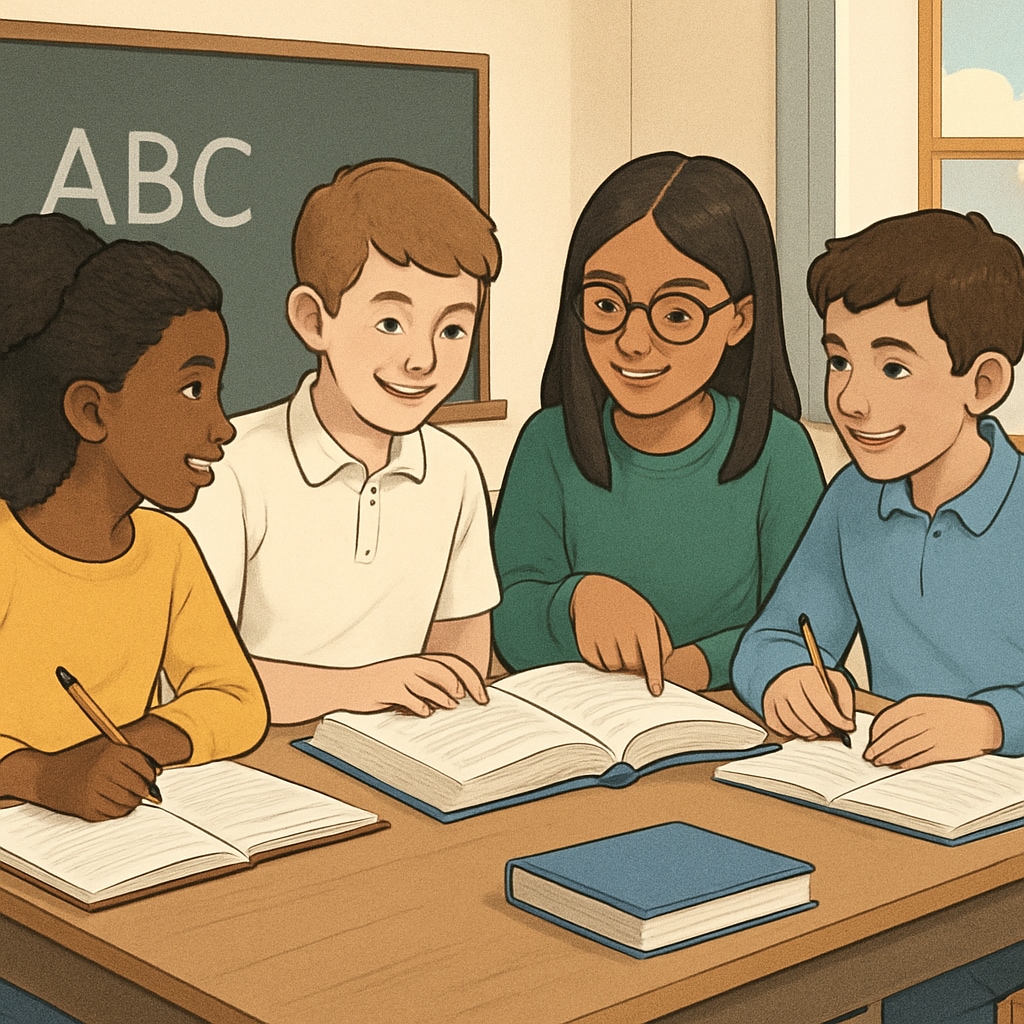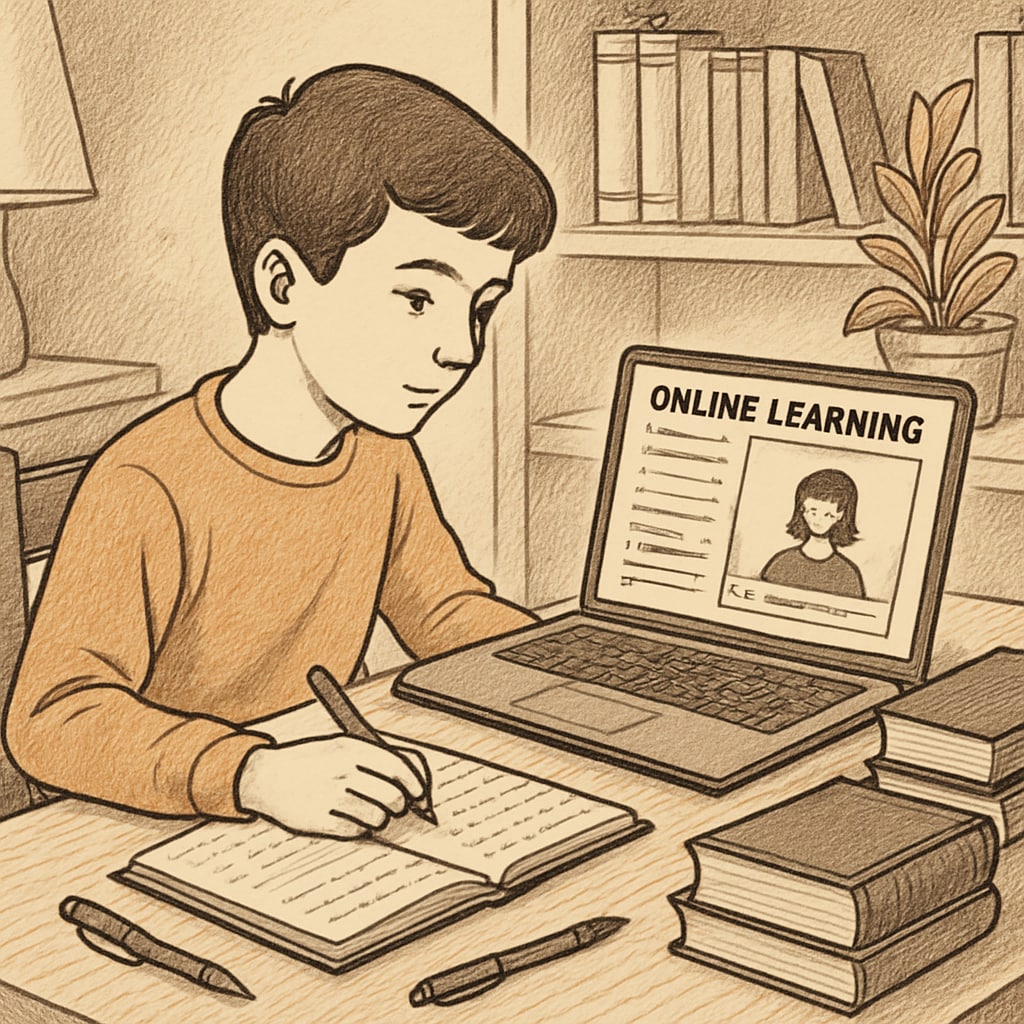Academic disruption can significantly impact a young person’s educational journey, especially within the UK education system. Whether due to personal challenges, health issues, or socio-economic barriers, the consequences of interrupted learning can be daunting. This article explores pathways back to education for young people under 18, offering guidance on how to rebuild confidence, bridge gaps in knowledge, and regain momentum on their learning journey.
Understanding the Challenges of Academic Disruption
Interruptions in education often leave students feeling disconnected and uncertain about their future. The reasons for these disruptions vary widely, including family difficulties, mental health struggles, or even school exclusion. As a result, affected students may experience a loss of motivation, gaps in knowledge, and decreased self-esteem. Recognizing these challenges is the first step in creating a supportive environment for education recovery.

Official Support Systems for Education Recovery
The UK government provides several initiatives to help young people return to education. Local authorities often play a crucial role in offering tailored support through programs such as the Education Welfare Service (EWS). This service helps students overcome barriers to attendance and provides guidance to families.
Additionally, schools and colleges may offer reintegration plans for students who have been out of the system for extended periods. These plans often include catch-up sessions, counseling, and mentoring opportunities. For example, Alternative Provision programs are designed to meet the needs of students who require different learning environments.
Alternative Education Options
In cases where traditional schooling may not be feasible, alternative education options can play a vital role in helping students continue their learning. Some of these options include:
- Home Education: Parents can opt to educate their children at home, tailoring the curriculum to suit individual needs and capabilities.
- Further Education Colleges: Many colleges offer courses for 14–18-year-olds, including GCSEs and vocational qualifications.
- Online Learning Platforms: Digital resources like Khan Academy or BBC Bitesize provide flexible learning opportunities for students to catch up on missed topics.
These alternatives can offer a fresh start for students, allowing them to regain confidence and focus on their strengths.

Rebuilding Confidence and Motivation
Returning to education after a disruption involves more than just academic preparation—it requires emotional resilience and renewed motivation. Schools, families, and communities can help students by:
- Providing access to counseling and mental health support.
- Encouraging extracurricular activities to build social skills and self-esteem.
- Celebrating small achievements to create a positive feedback loop.
For example, mentoring programs can connect students with role models who inspire them to stay committed to their goals. Websites like Britannica’s Mentorship overview offer insights into the benefits of guided learning.
Conclusion: A Path Forward
Education recovery is a challenging but achievable process for UK youth who have experienced academic disruption. By leveraging official support systems, exploring alternative learning options, and fostering emotional resilience, students can successfully return to their educational journey. With determination and the right resources, they can rebuild their confidence and achieve their dreams.
If you or someone you know needs assistance, start by contacting local authorities or exploring online platforms designed for education recovery. Education is not a linear path, and there is always a way forward.


